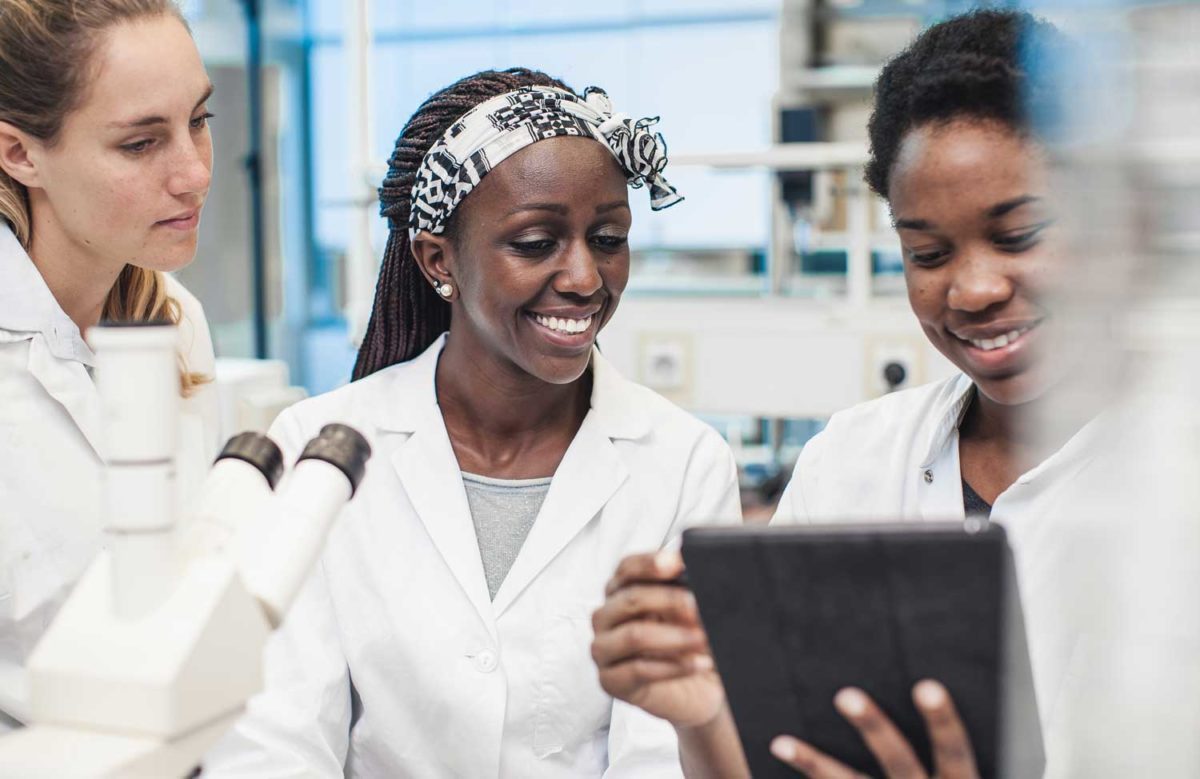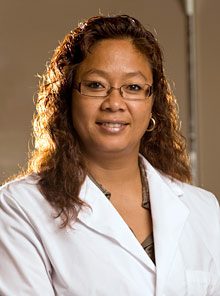
Linda Miller’s professional path has led her from R&D to co-founding a company to management at a global pharmaceutical corporation. Along the way, she thought that a graduate degree might enhance her career, increase her earning potential, and be personally rewarding.
In 2003, she started the flexible University of Wisconsin–Madison Master of Science in Biotechnology Program. Just two years later, she graduated.

“Knowing what I know now, I ask myself, ‘Was the degree worth it?’ Yes!” says Miller, a senior manager of manufacturing at Luminex Corporation. “I have been recognized for my accomplishments and new skills both financially and by having additional corporate project involvement.”
The M.S. in Biotechnology Program focuses on product development and technology-based entrepreneurship, combining the study of science, law, and business. It’s a multidisciplinary program geared toward working professionals, including practicing scientists, technical professionals, attorneys, and business people looking to advance their careers in biotechnology.
To accommodate busy schedules, the program offers classes on evenings and weekends. Instructors include UW–Madison faculty and leaders in the biotechnology field from private industry in the Madison region.
Rewarded with responsibility and growth
When Miller started her M.S. in Biotechnology, she was in the “daily grind,” directing the development, planning, and implementation of manufacturing methods, processes, and operations. After she graduated, her options grew.
She was given more responsibilities, including participation in corporate projects, operational logistics, and demand planning. She was even recruited for new product launches.
“New product launch is analogous to starting a new company,” Miller says, adding that her high-level tasks included:
- formulating a business plan
- deriving financials for 5- and 10-year expectations
- explaining and justifying ROI
- proving feasibility
- performing R&D
- transition to manufacturing, including scale-up
- getting regulatory approval
- achieving milestones for approval
- advocating for further financial support of the product line
“The entire UW–Madison M.S. in Biotech curriculum prepared me to provide valuable contributions for this project,” Miller says, “and it’s benefited me both professionally and personally.”
Read more about the Master of Science in Biotechnology Program.